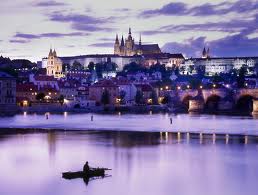
Countdown to First Czech Presidential Elections
UPDATE: In the final week, the Czech presidential race opened up. Jan Fischer performed poorly in the debates, while the Czech Republic’s aristocratic foreign minister, Karel Schwarzenberg, picked up support from two sources: those who disliked both Zeman and Fischer, and those from the centre-right who started to doubt Fischer’s viability in a run-off against Zeman.
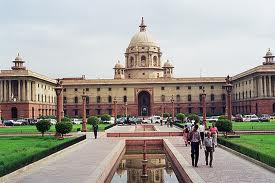
Deepening Democracy in India: Fine-tuning rules and procedures to strengthen parliamentary oversight on the government
The Deepening Democracy report by the Global Commission on Elections, Democracy and Securitydiscusses the importance of improving the integrity of elections. While fairness, funding and conduct of elections undoubtedly is a concern that citizens espouse worldwide, that in itself may not be a panacea to fulfil the function of representative democracy. Sometimes democracy itself is undermined in democratically elected Parliaments due to rules biased towards the elected government, and not giving sufficient power to opposition members and independent members of Parliament to voice their concerns.
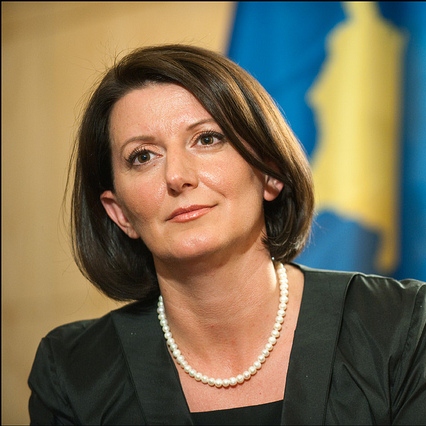
Fighting corruption: Effective examples from surprising places
What could Hong Kong, Liberia, and Kosovo teach us? Perhaps, rather unexpectedly, about successful ways of dealing with public corruption. Corruption is effectively a hidden tax on living and doing business in many emerging democracies and, as a result, is one of the most serious obstacles to deepening democracy and economic development. It is particularly dangerous when corruption turns into a culturally accepted practice.
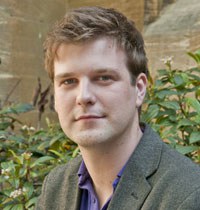
The M23 rebellion: An (exceptionally provisional) attempt at some analysis
Goma has fallen. It had at 2pm on Tuesday, at least. This sprawling city of a million people, built on and out of volcanic rock on the shores of an exploding lake has become synonymous – insofar as it comes to the attention of the wider world at all – with catastrophic refugee crises, ecological devastation, and looting and pillaging. This week will do nothing to change that script. The villains in this particular script are a rebel group with the strange name of M23, (not to be confused with these guys), which launched in April of this year, ostensibly over broken promises made in the agreement of March 23rd.
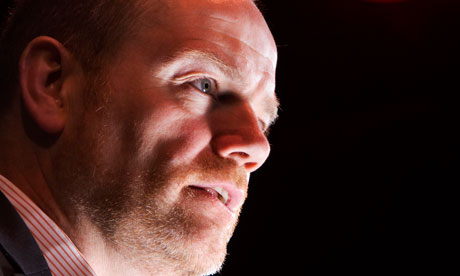
Mark Thompson: The Cloud of Unknowing
This week, Mark Thompson, former Director General of the BBC, gave a series of three lectures as part of his Humanitas Visiting Professorship in Rhetoric and the Art of Public Persuasion, in honour of Philip Gould. These lectures were all centred around the theme of how the language and tone of public debate has changed in recent years in ways that have been detrimental to the cause of public understanding and has created a ‘cloud of unknowing’ within the wider public regarding matters of civic policy.
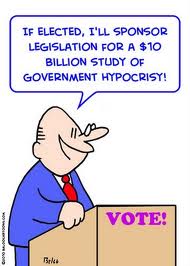
Closing the UK’s Democratic Deficit: Is a New Party of Local Notables The Answer?
In these days of financial crisis, austerity and expenses scandals, one doesn’t have to go far to find citizens complaining that our democracy is in decline. Most people do this from the comfort of their armchairs, shouting at Question Time or changing the TV channel when a particularly annoying politician crosses their screen. However, the founder of the Independent newspaper, Andreas Whittam Smith, is prepared to go one step further. Yesterday, Whittam Smith announced a plan for a new British movement to ‘restore democracy’. He argued that the UK’s current MPs are drawn from a narrow set of backgrounds – law, medicine, journalism and, of course, political hackery. In this view, we are left with a cohort of politicians more suited to marketing …
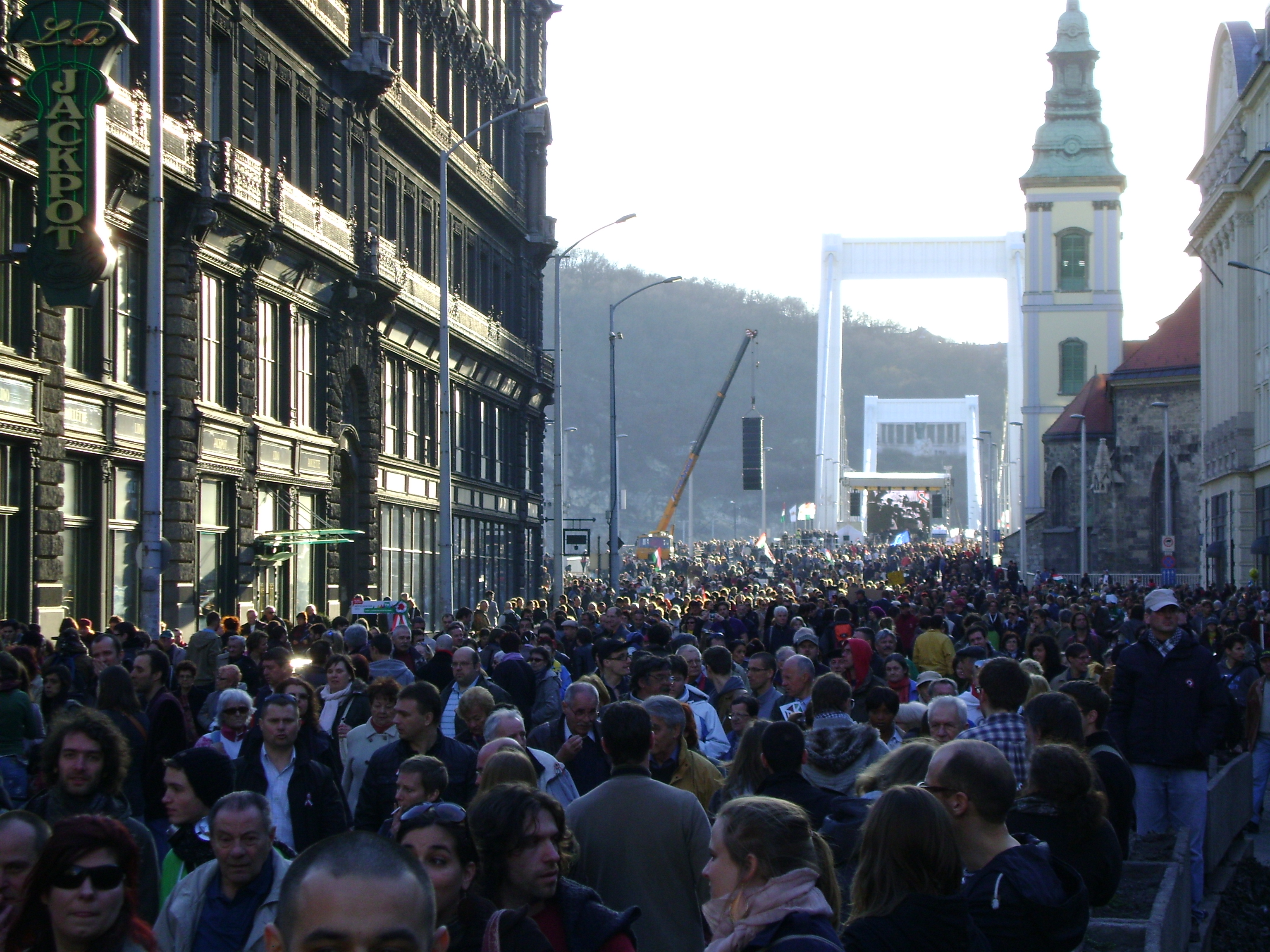
A Major Setback for Media Freedom: The Case of Hungary
In April 2011, in a symbolic move, Budapest’s Republic Square was renamed after the late Pope John-Paul II. This was one of the many consequences of the electoral victory of the Fidesz Party and its Christian Democrat allies a year earlier. The winners immediately called it a ‘revolution at the voting booths’. With the support of 53 percent of voters, the alliance won 67 percent majority in parliament, and soon began to colonise the public sphere in an attempt to embed its Christian, nationalist and conservative values. By 2012, the new government has fundamentally reshaped Hungary’s media landscape. Throughout the 2000s, Freedom House listed Hungary amongst other ‘free press’ countries, with scores meeting the regional average. Yet for 2011, Hungary was …
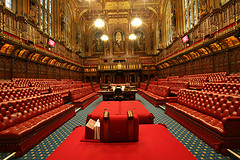
Getting the House in Order: Brainstorming a novel approach to Lords reform
Lords reform is well and truly on the agenda. So much so that it seems plausible to say that it could split the coalition. Compromise seems desirable. But tensions between and within parties could see progress grind to a halt, a situation unwanted not least because all of the three major parties have actually expressed support for reform, at least in principle. In this context, here, I outline a proposal I developed in a recent paper that has, to my knowledge, not be aired in the Lords reform debate before. I propose a reform that would reconstitute the House of ‘Lords’ with features that are commonly deemed desirable, but sometimes thought to be in conflict. Those features are that it …









